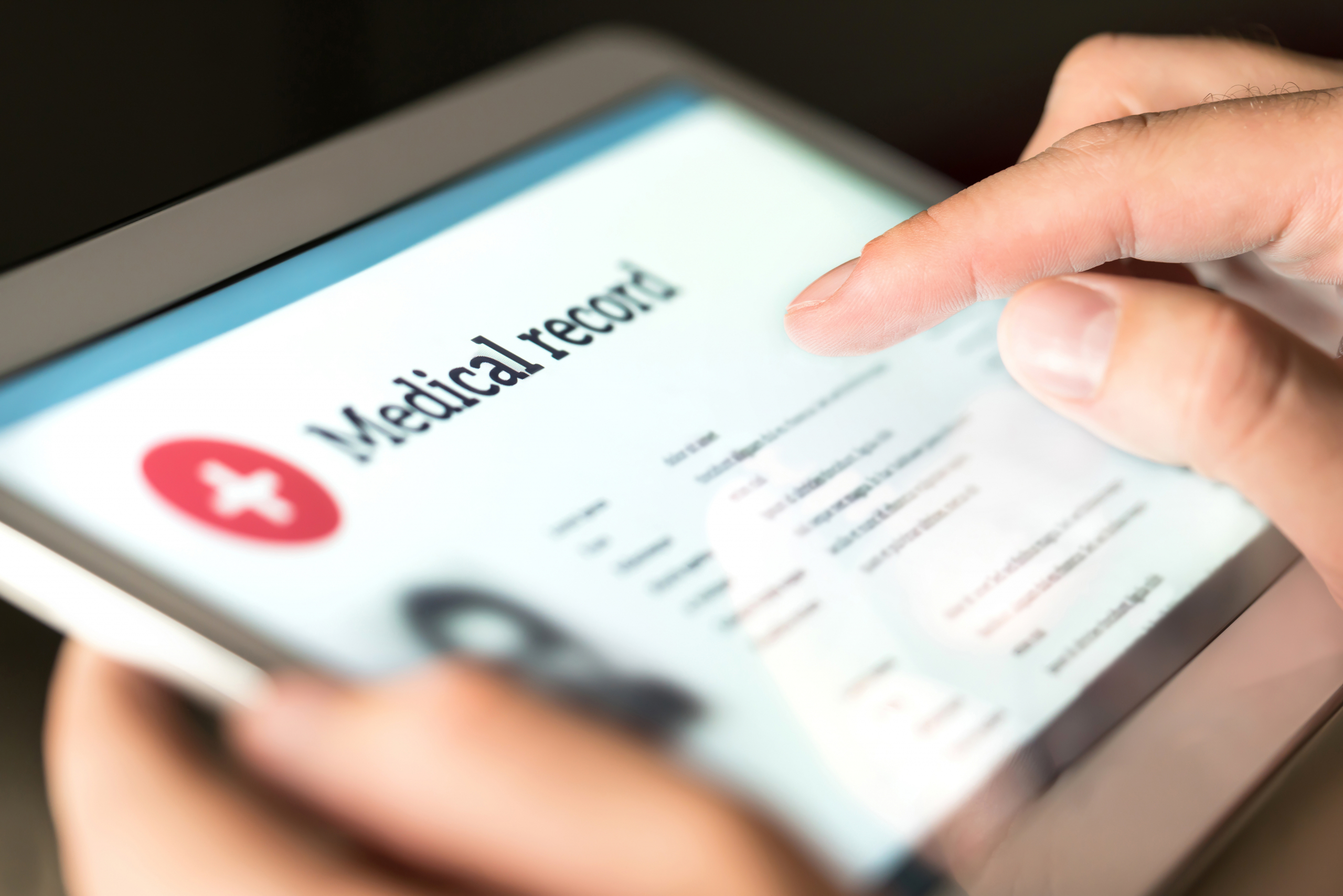Adoptees and Medical History
I am an adoptee. I was born on January 12 in New Jersey. New Jersey was a closed adoption state until 2014 when Governor Chris Christy amended the closed adoption law. He gave birth mothers 3 years from 2014 to waive their rights to being discovered. This was amazing progress. I had already located my birth mom with her first name and date of birth prior to the opening of records. I can be very innovative when it comes to searching for the unknown. When I discovered my birth mom’s identity, I hooked up with her coworkers and acquaintances she had back in the day. The same words emitted from each of their lips. “She was always drinking.” This news was interesting to hear. I had been told on my sheet of non-identifying information that there may have been drinking during the pregnancy, but that she was “not an alcoholic”.
When I was brought home from foster care at a month old, the doctors considered me a healthy baby girl and sent me on my way. I arrived home and healthy became an obsolete word. I had chronic ear infections, at least once a month. I was not eating and my weight and height were very low. My pediatrician labeled me as a failure to thrive because I was not gaining weight, sometimes losing weight, and not growing. He told my parents I may have Fetal Alcohol Syndrome, which is under the umbrella term Fetal Alcohol Spectrum Disorders. FASDs as they are commonly called, are due to a woman drinking while pregnant. There is no known safe amount of alcohol that a woman can consume during pregnancy (www.cdc.org, 2020). My pediatrician advised my parents I had the facial features of a child with FASD: a smooth upper lip, my eyes had short palpebral fissures, and I had a small head. I also was not growing. This was in 1980, so not much research had been done on FASDs during that time. The fact my medical history actually had that my birth mom drank was an incredible piece of my life that would become crucial later on. My non-identifying information had more information than others, I am sure.
Let’s fast forward to November 2014. That is when I received my diagnosis of Fetal Alcohol Syndrome. My mom had received a pamphlet about Fetal Alcohol Spectrum Disorders from the adoption agency. She called me and we discussed how I had many of the traits of FASD. I then circled back to my medical information from the agency. Even if my birth mother wasn’t an alcoholic, she may not have disclosed how much she drank during her pregnancy. My medical history that I was privy to ended up being so important in my adult life.
Being diagnosed has made me more self-aware and offered an explanation for my executive functioning difficulties. I have become a self-advocate and an avid advocate for those in the FASD community. I give a voice to those who don’t have one.
It is interesting to think about what would have come to be if I didn’t have that medical history. I may have never been diagnosed and grown more frustrated with what seemed to be simple quirks. I know many adoptees don’t have any medical history to hang onto and review.
I had a friend, who, before New York opened its records for adoptees, had a document with non-identifying information on it. Typed on that paper was that her birth mom was a female that had just graduated high school when she gave birth—and that is it. No medical history. No mention if mom was a smoker, a drinker, or had health conditions.
My information did not mention health history as it related to my birth mom or her relatives. I had no idea about heart issues, cholesterol, or cancer in my birth family. No clue. Medical history as it relates to issues about organs and cancer is so vital to have at the start of an adoption. I understand that this information is sometimes difficult to record from a birth parent or left out of the non-identifying paperwork.
I can tell you from experience that at age 11, I was diagnosed with high cholesterol. My parents were puzzled because I was a pretty healthy eater. They assumed genetics but didn’t know for sure. I found my birth father in 2019, and then found out he had high cholesterol and heart disease. When I found my birth mom, I found out most of the men in her family had heart disease and a history of bypass surgeries. My maternal uncle had diabetes. Two of my half-brothers on my dad’s side have diabetes, and my half-brother on my mom’s side is prediabetic.
Medical history up front could have made a difference for me. I would have been made aware at a younger age of what heredity brought with it, and I could have navigated my health in a more proactive manner. My maternal grandmother had double breast cancer and thyroid cancer. I found that out when I found my mom and was then able to be screened properly going forward.
Closed records deny an adoptee access to important medical records. Medical records can and do make or break our lives. They are the guideposts to the doctors we choose to see and the lifestyle we live. I know more and more states are opening their records for adoptees. I love it. If states wish to keep records closed, we will keep fighting the good fight to open them. In the interim, maybe states can start with obtaining and giving access to the medical history of the birth families. That would be a game-changer. It would give adoptees a direction to go in with their life which some feel is missing.








